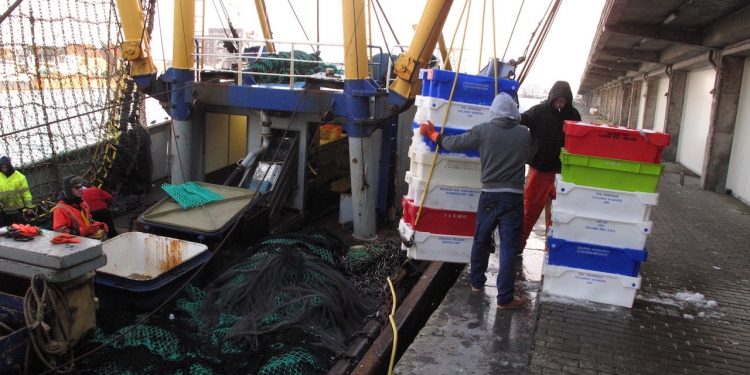The European Commission’s proposal for a Nature Restoration Law must produce a coherent approach to limit all impact on the marine environment, according to the European Association of Fish Producers Organisations (EAPO) – something that has been lacking so far.
‘No-one has a greater interest in a healthy and productive marine environment than members of EAPO – fishers who rely on the state of the ocean for their livelihoods. Since 2003, and since the implementation of the different Common Fisheries Policies, the fishing sector has greatly reduced its environmental impact and fishing pressure is now at an all-time low,’ an EAPO representative commented.
‘Marine nature restoration is an important element in securing the health of the oceans and the ecosystem services it may provide. However, marine ecosystems are dynamic. Even untouched and unfished marine environments change over time.’
EAPO quotes United Nations figures that estimate 80% of global marine pollution comes from land-based sources, citing the Baltic Sea being a clear example of the disastrous effect these can have on fish stocks.
‘Recent ICES advices have insisted on the need to address non-fishing-related anthropogenic pressures. Dealing with both direct and indirect pressure is of the utmost importance to achieve the objective of healthy and productive oceans Climate change is also an important driver for change that impacts the resilience of marine stocks. Recent droughts have drastically reduced the input of nutrients into the sea, thus impacting the recruitment of fish species. This has been observed in the Bay of Biscay for sole,’ EAPO’s representative commented.
‘We, European fishers, need a structured and holistic approach that deals with direct and indirect pressures on the marine environment. This approach must also ensure coherence between existing and incoming legislation, to ensure that the sum of maritime uses does not exceed 100%. Our view is that the existing proposal for the Commission does not address our issues and that the Commission must come up with a more structured and holistic approach.’
EAPO’s position is that Nature Restoration legislation must not be used to limit access to fishing areas not dedicated to nature restoration, as limiting and changing fishing areas would have crucial negative consequences for the relative stability between different fleets and for fishing activities, at a time when EU fishers have yet to recover from Brexit.
‘Finally, the events of recent years have shown the importance of securing our critical food supply. Preserved fishing grounds and continued fishing is a prerequisite for supplying EU consumers with nutritious food from the oceans.’









